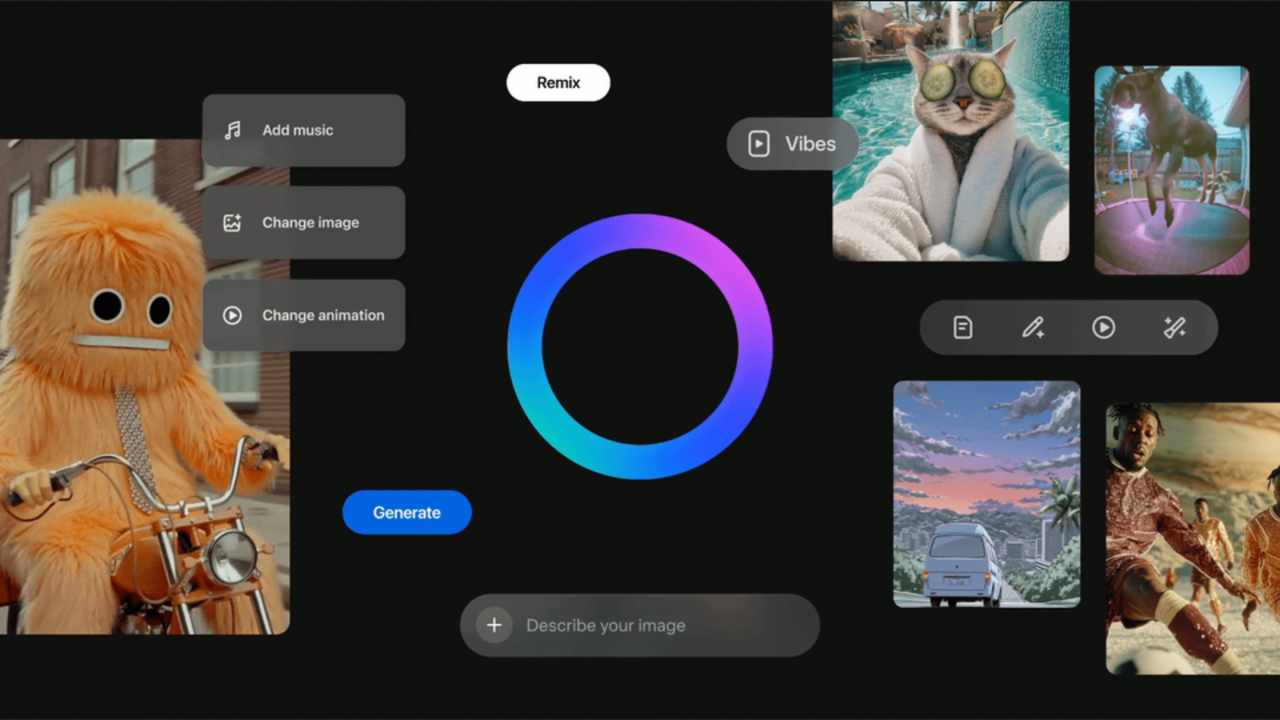
Anthropic Unveils Claude Sonnet 4.5, Claiming Leap in AI Agent and Coding Capabilities
Anthropic announced its new Claude Sonnet 4.5 model, highlighting a 30‑hour autonomous coding run that produced roughly 11,000 lines of code for a chat application. The company touts the model as the leading solution for real‑world agents, coding, and computer use, noting strong performance in cybersecurity, financial services, and research. Early testers such as Canva reported success with complex, long‑context tasks. Anthropic also introduced developer‑focused updates—including virtual machines, memory, and multi‑agent support—to help build custom AI agents, positioning the launch amid fierce competition from OpenAI and Google.










